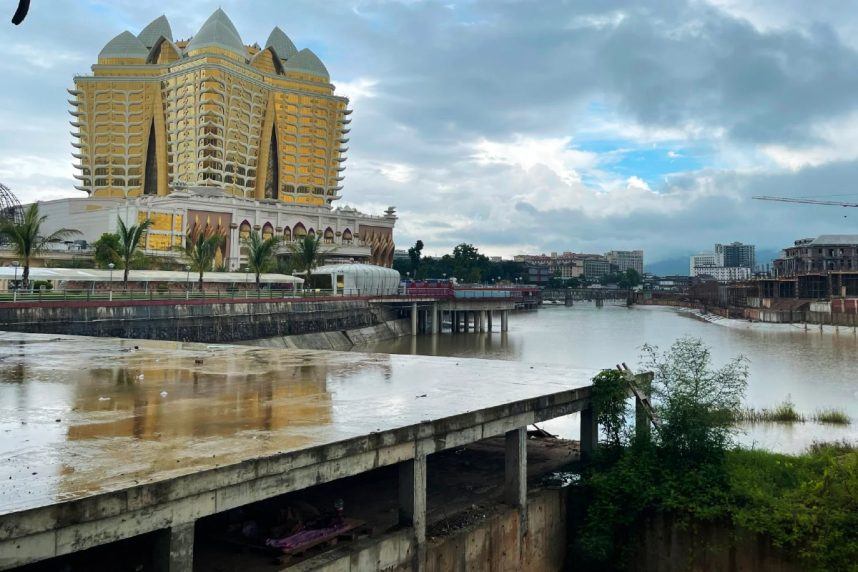Posted on: October 30, 2023, 10:38h.
Last updated on: October 30, 2023, 10:38h.
China Crackdown on Macau Gambling Fuels Illicit Money Laundering in Southeast Asia

According to Benedikt Hofmann, the deputy representative for the UN Office of Drugs and Crime in Southeast Asia and the Pacific, China’s recent crackdown on cross-border money transfers related to gambling in Macau has caused criminal groups to launder their money through casinos and online gambling platforms in other parts of Asia.
In 2013, Macau casinos won a record-breaking $45 billion in gambling revenue. However, China’s President Xi Jinping expressed concerns that a significant portion of this income was linked to criminal gangs laundering illicit funds. Additionally, Xi noted that the massive outflow of money through Macau posed a threat to national security.
China’s wealthiest individuals were also believed to be using Macau casinos to evade heavy tax obligations in the communist country, as they are required to share half of their income with the Beijing government.
Southeast Asia Becomes Hotbed for Money Laundering
With China intensifying its scrutiny of money movement, Hofmann reveals that many criminal entities have shifted their illicit operations to other countries in Southeast Asia. Cambodia, Laos, Myanmar, Thailand, and Vietnam along the Lower Mekong River have become favored destinations for money laundering activities.
These countries’ casinos have experienced significant increases in annual gaming revenue since China cracked down on junket groups that facilitated travel to Macau for mainlanders. Furthermore, the COVID-19 pandemic has prompted criminal groups to turn to offshore gaming sites that lack robust money laundering safeguards.
According to Hofmann, the online gambling sector is particularly attractive for those seeking to hide transactions due to high volumes of large, anonymous transactions, limited regulation and compliance standards, and the transboundary nature of services.
Hofmann adds, “Casinos have historically played a role in money laundering in Southeast Asia, but the rise of online gambling has accelerated this phenomenon in unexpected ways.”
Global Implications of Money Laundering
The UN emphasizes that preventing money laundering is crucial for global peace and economic stability.
The UN Office on Drugs and Crime website defines money laundering as the process of disguising the origin of criminal proceeds, allowing criminals to profit from their illegal activities without jeopardizing their source.
To combat money laundering, the United Nations has implemented the Global Program Against Money Laundering (GPML), which aims to enhance anti-money laundering and countering the financing of terrorism capacities in member states.
All of the aforementioned Lower Mekong nations are members of the UN.
The Philippines has also recently been identified as lacking sufficient safeguards against money laundering. The Financial Action Task Force, an international agency supported by the Group of Seven, has placed the Philippines on its “Increased Monitoring” list. President Ferdinand Marcos Jr. has pledged to strengthen the country’s anti-money laundering protections.


